Explore Articles: Fact-Checking Climate Data
Browse verified fact-checks and debunks addressing misinformation and disinformation about climate change, curated by European fact-checking organizations.

AI images spread of Yellowstone park bears, along with false predictions of natural disasters
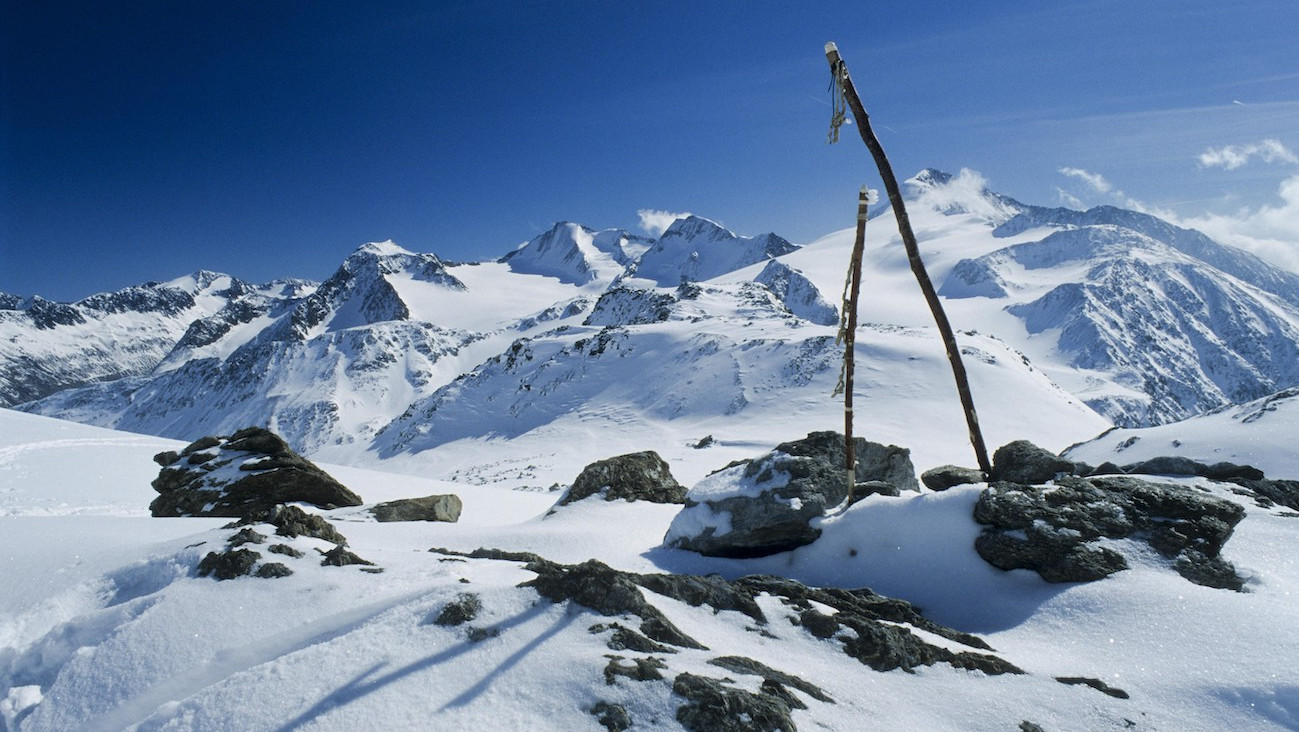
Glacier mummy Ötzi does not refute man-made climate change

EVOO with “EU and non-EU” origin and its alleged origin from Morocco: there is no evidence and the company that groups the three major brands mentioned denies it

Misleadingly edited video: Harald Lesch doesn't object to climate change
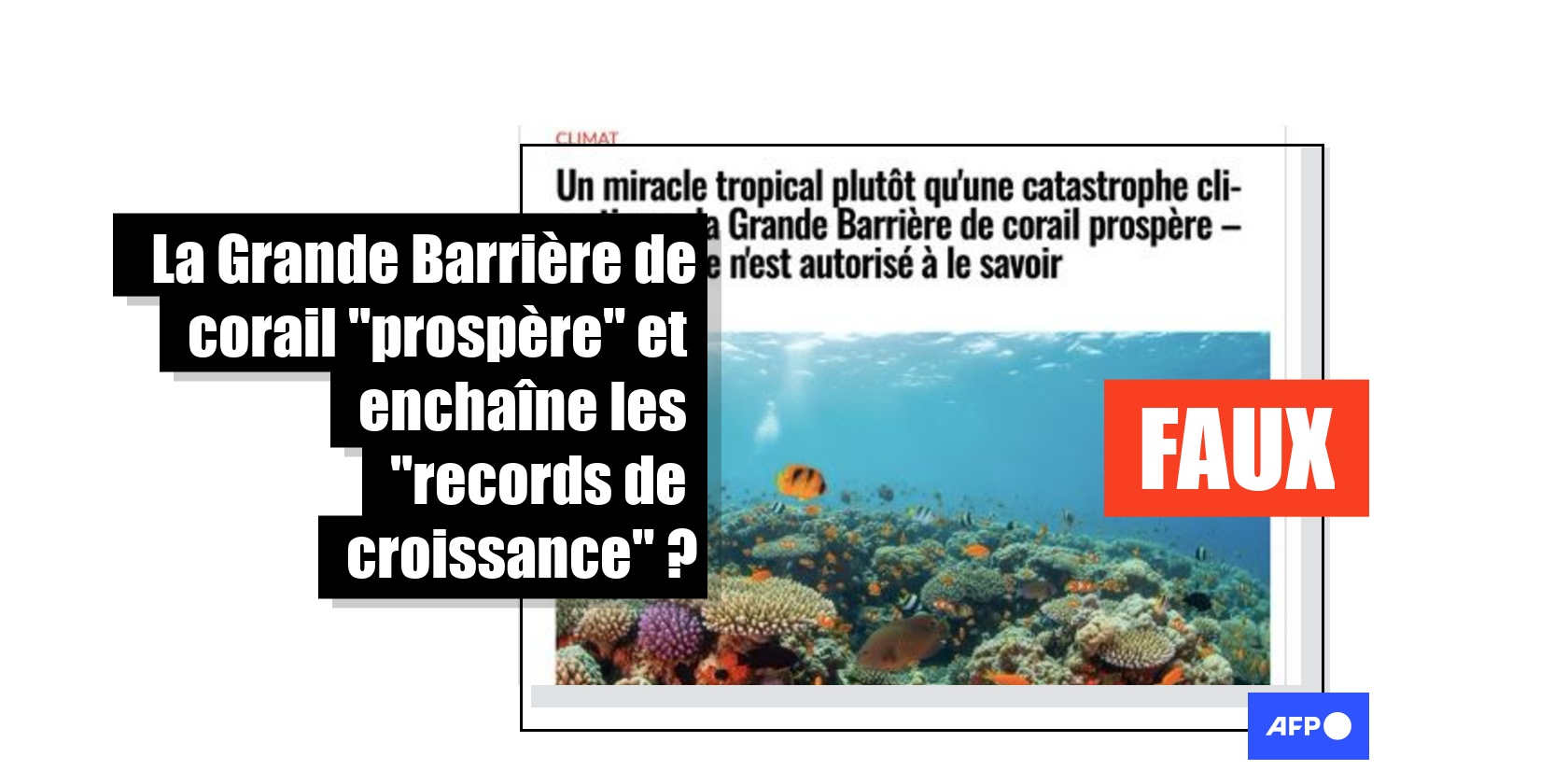
The Great Barrier Reef is not “thriving”, it is undergoing its largest bleaching ever observed

Video showing whale strandings is not related to the earthquake that struck Russia in July 2025

Variations in the global mean temperature with a parallel increase in CO₂ concentration.What is the actual situation?

No, the ocean is not ‘cooling’, contrary to viral claims – it’s been warming at an accelerating rate

Wide Awake Media repeats misleading claims that wind turbines are expensive and environmentally unfriendly

Strange clouds evidence of a conspiracy? These are normal phenomena

Video of stranded whales has nothing to do with earthquakes in Russia in July 2025

Misleading U.S. Department of Energy climate report chooses bias over science, climate scientists say

The powerful earthquake in Russia was manifested by myths and accusations: what really caused it?

The warming climate has fueled talk of travel restrictions for residents: how much truth is there?
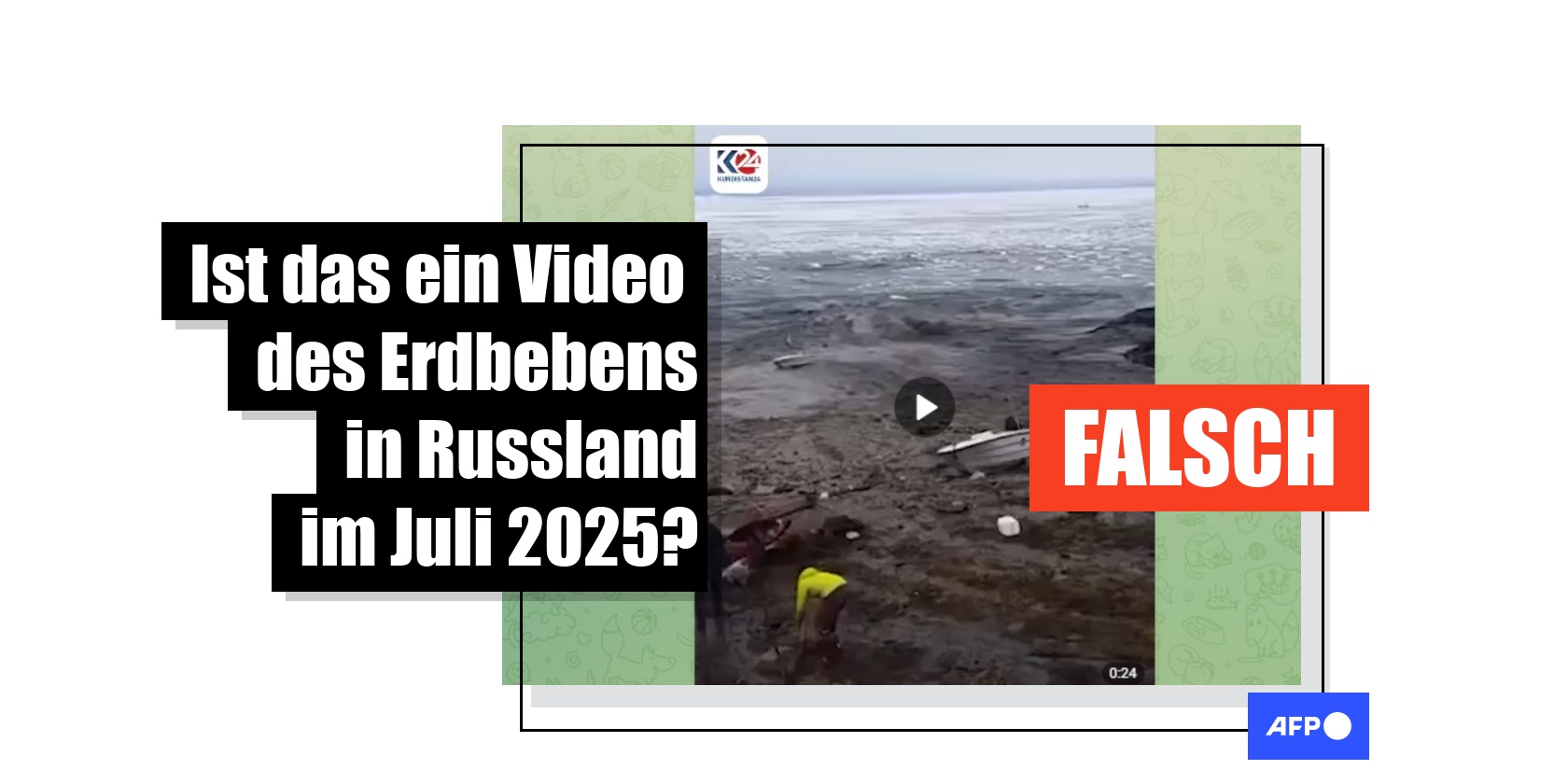
Old video of tsunami in Greenland is shared as current footage from Russia
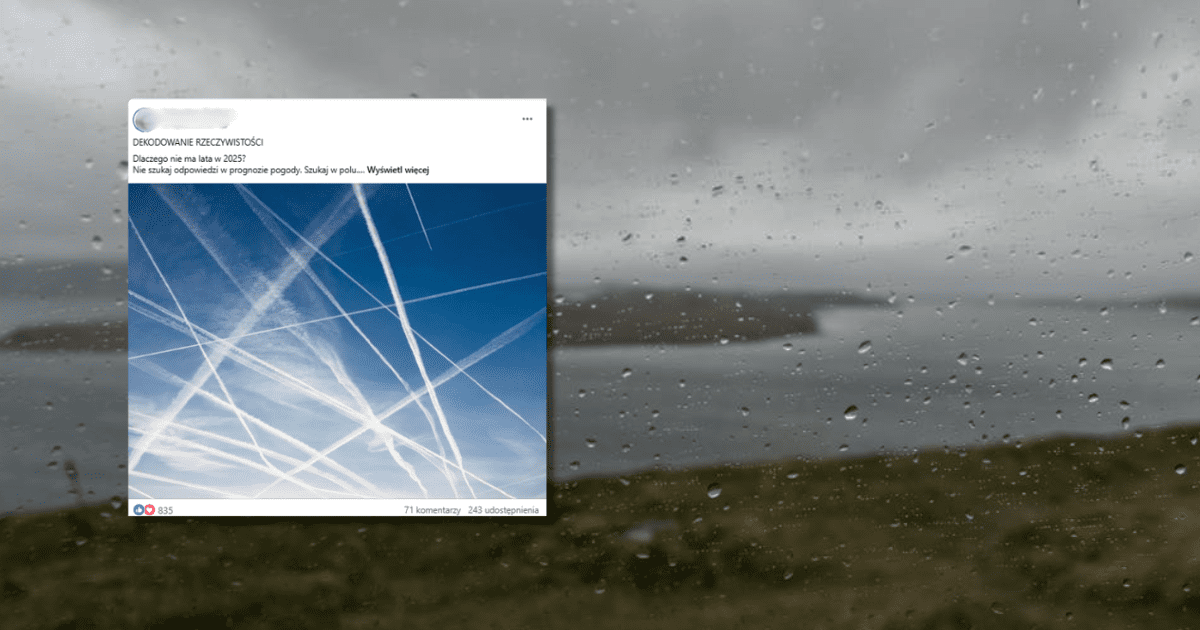
Extremely cold summer — is it the fault of HAARP, LOFAR and chemtrails? We verify the conspiracy theory

How CO2 affects climate and plant development. We explain

Haarp project did not cause the earthquake in Russia or the subsequent tsunami
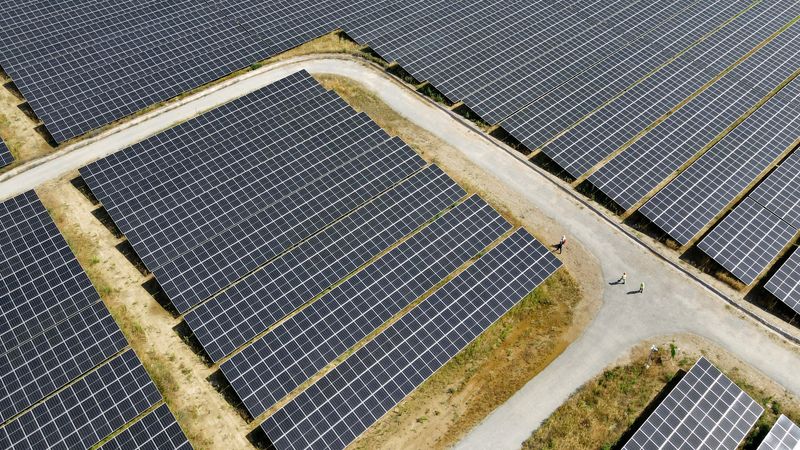
Energy park is being built in a desert area

The AEMET does not exclude climate data prior to 2020 when it talks about temperature records

Unverified claims about climate change and global temperature by the well-known geologist Ian Plimer